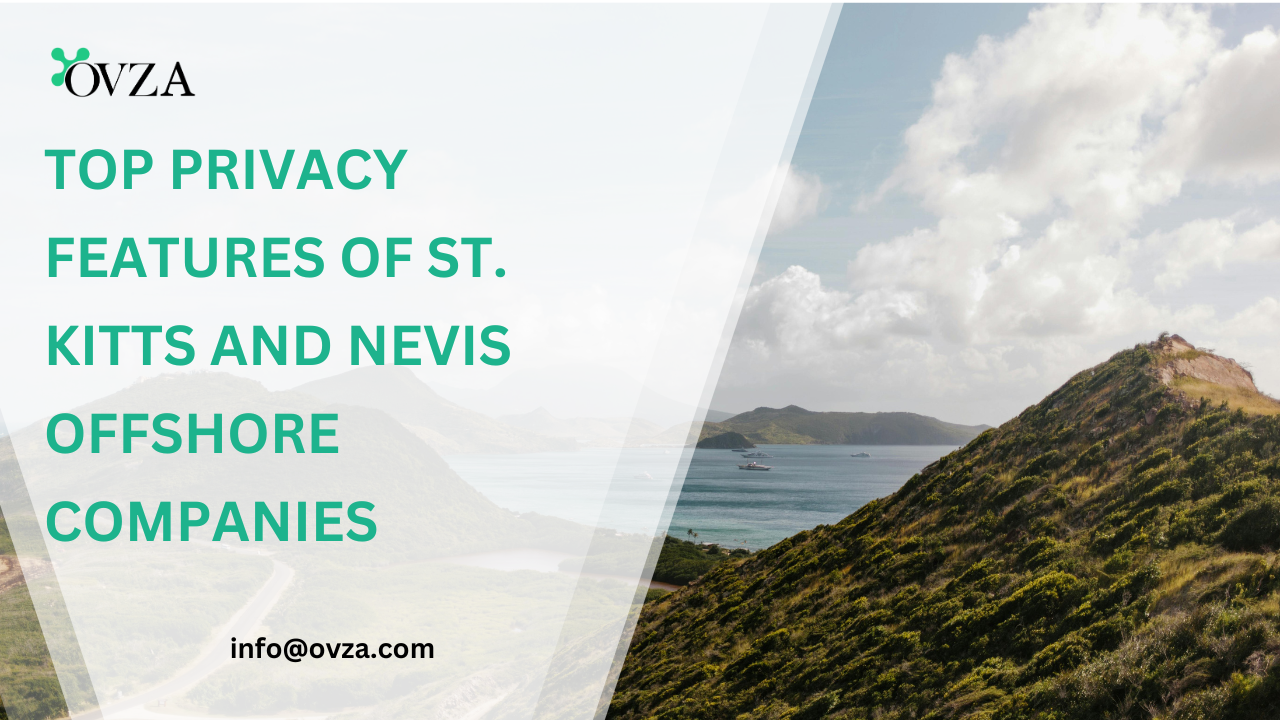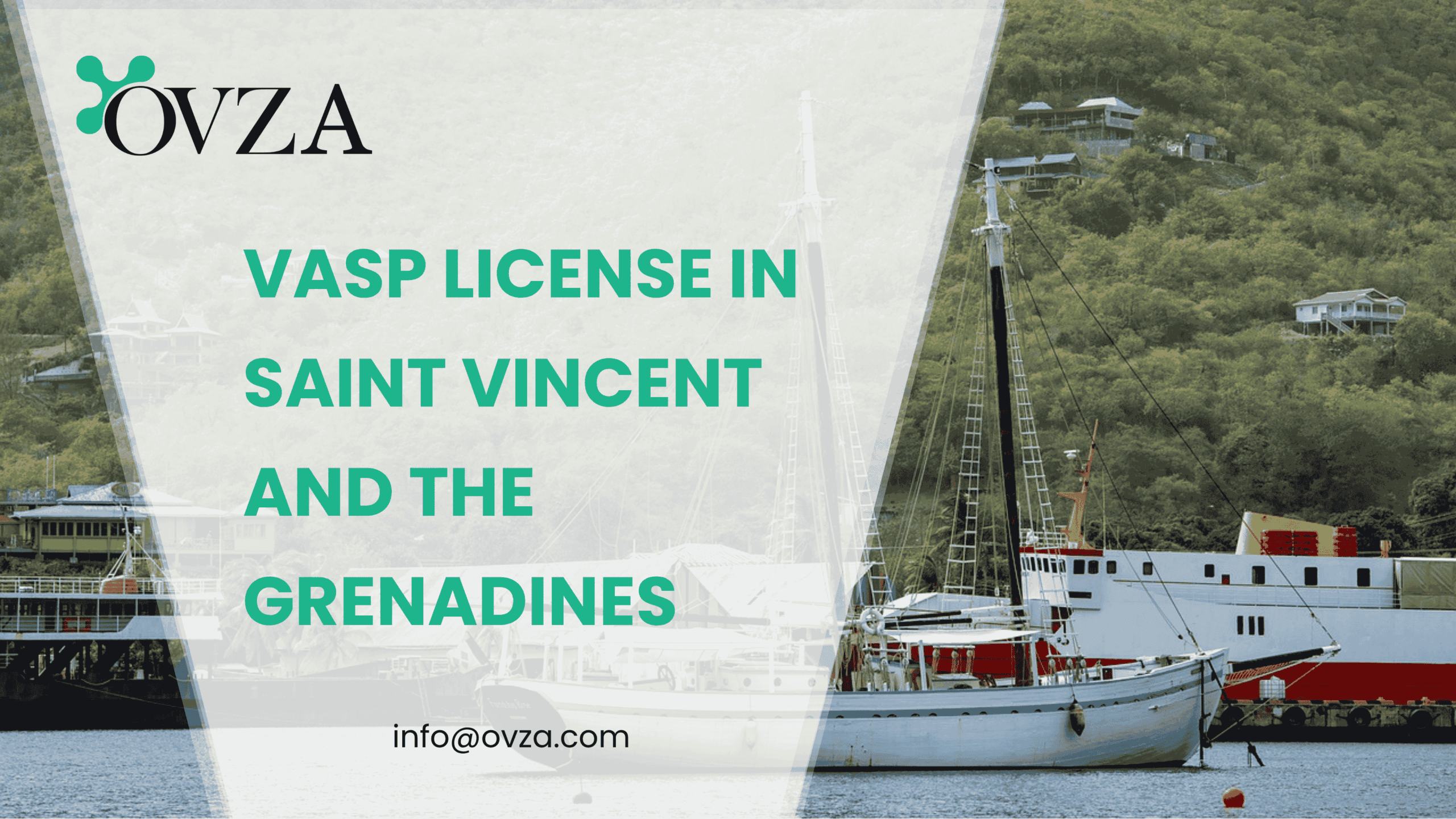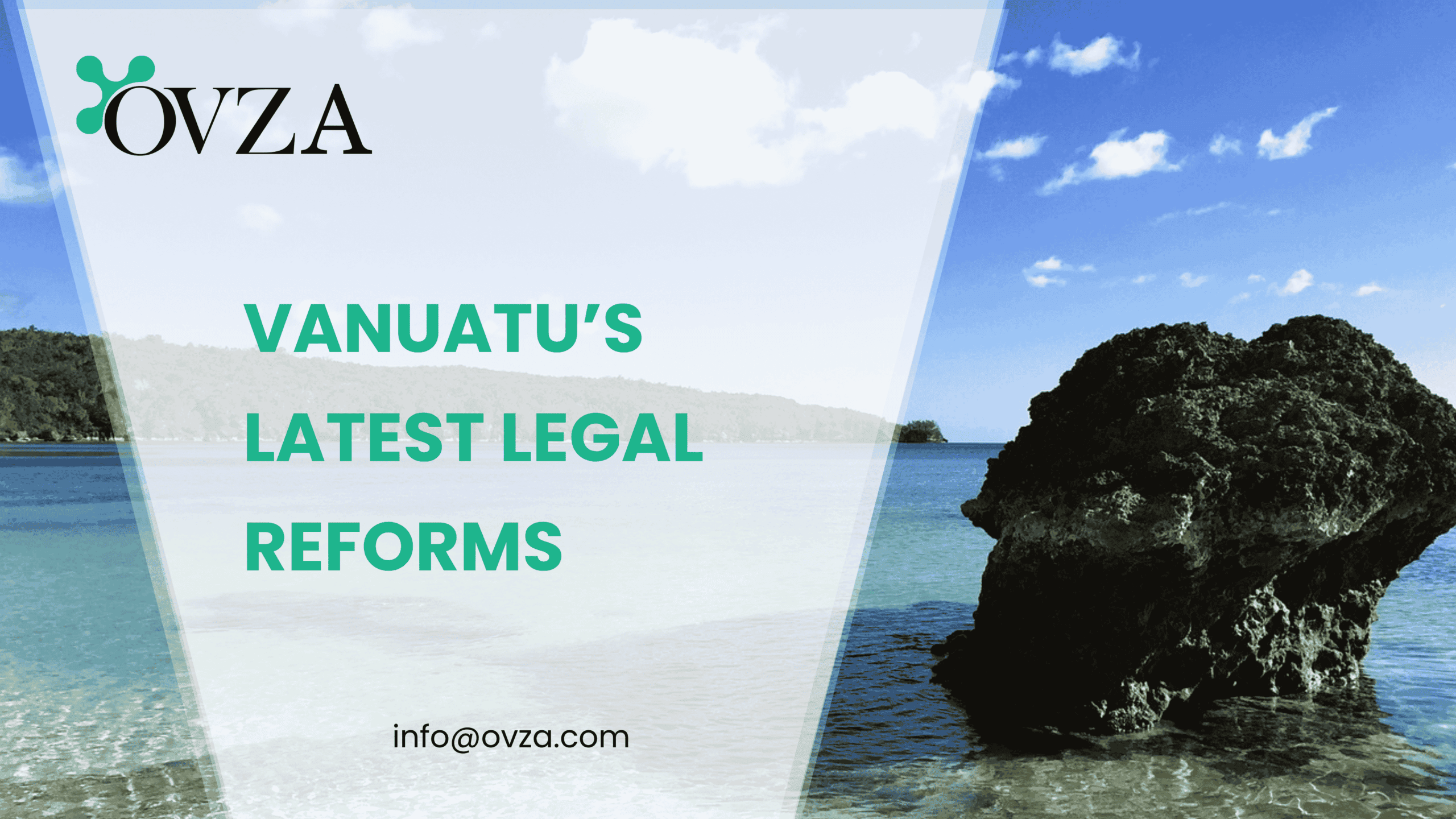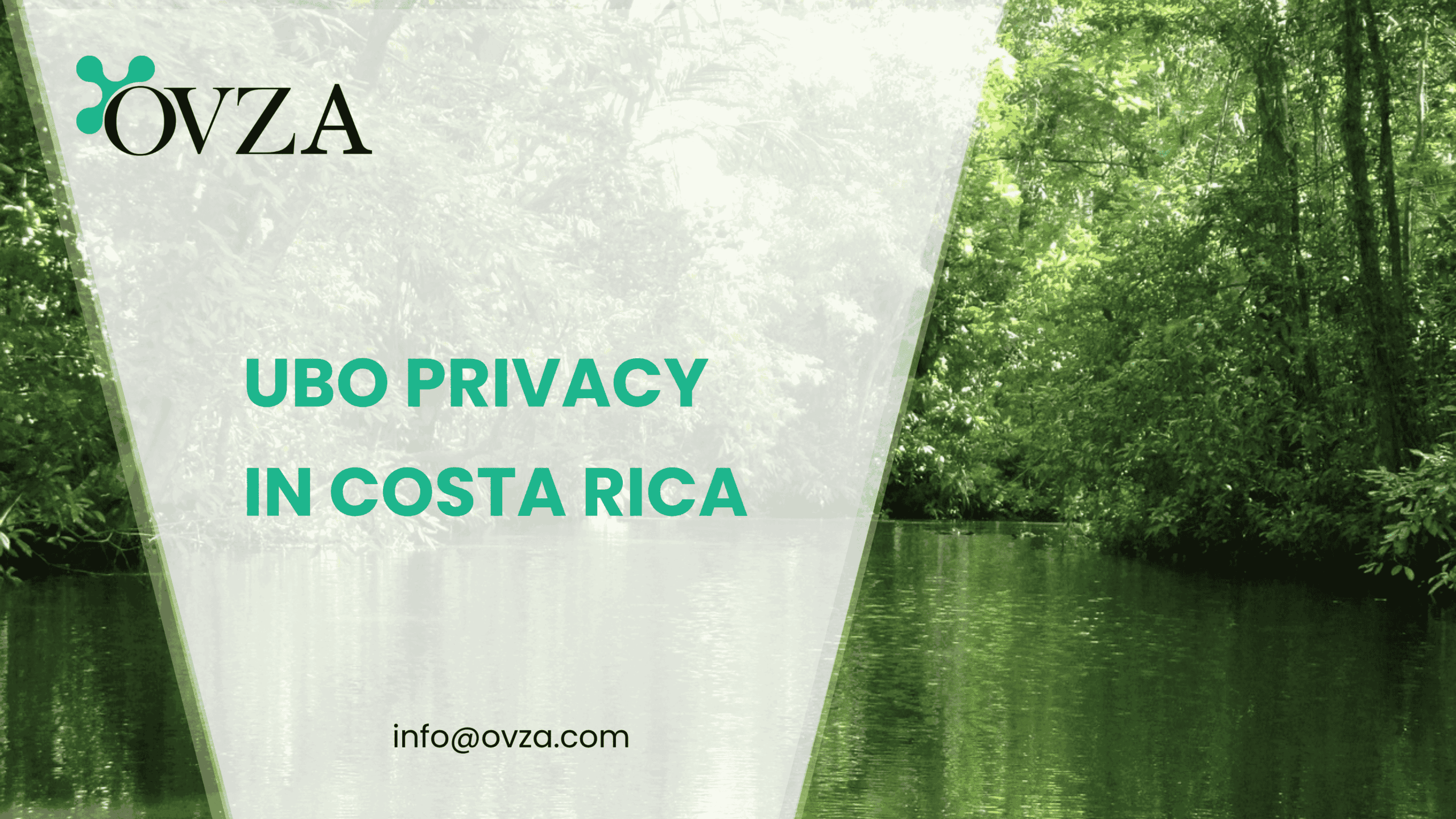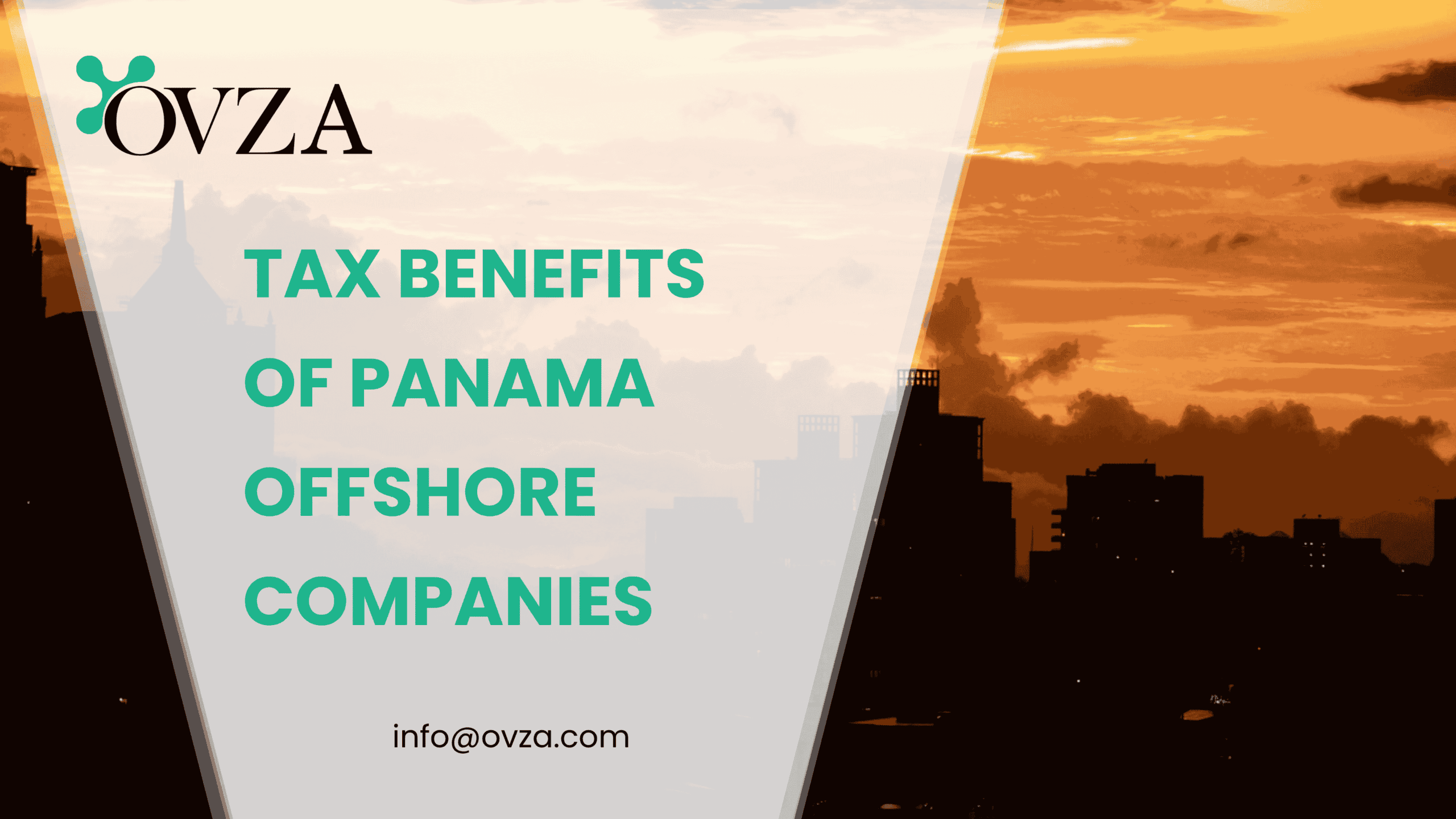Discover key St Kitts Offshore privacy features that ensure confidentiality and secure sensitive information for offshore company owners.
St. Kitts and Nevis is widely recognized for its robust privacy measures, making it a top choice for entrepreneurs and investors seeking confidentiality in offshore company ownership. The jurisdiction’s legal framework, regulatory policies, and cultural emphasis on discretion ensure that sensitive information about company owners remains secure.
Below, we explore how St Kitts Offshore safeguards privacy for offshore company owners.
1. Non-Disclosure of Ownership Details
One of the key privacy benefits in St Kitts Offshore is the non-disclosure of ownership details. The jurisdiction does not require the names of shareholders or beneficial owners to be included in public company records. This means:
- No public registry of shareholders: Information about who owns shares in the company is kept confidential.
- Beneficial ownership privacy: Unlike some jurisdictions that require beneficial ownership details to be disclosed to regulatory authorities, St Kitts Offshore imposes no such obligations for companies operating outside its borders.
This level of confidentiality protects company owners from public scrutiny, unsolicited inquiries, and potential risks like identity theft, making St Kitts Offshore a preferred choice for privacy-focused entrepreneurs and investors.
- 2. St Kitts Offshore Registered Agent Requirement
- 3. No Public Access to Financial Records
- 4. No Requirement for Local Directors or Shareholders
- 5. Strict Legal Protections
- 6. Exemption from Common Reporting Standard (CRS)
- 7. Use of Nominee Services
- 8. Discretion in Banking Services
- 9. Proactive Government Support for Privacy
- Conclusion
2. St Kitts Offshore Registered Agent Requirement
Every company in St Kitts Offshore must appoint a registered agent within the jurisdiction. The registered agent acts as the intermediary between the company and government authorities, ensuring that private information about directors and owners is not directly exposed. This system provides:
- An additional layer of anonymity: Owners can conduct business without their personal details being associated with the company’s operations in St Kitts Offshore.
- Streamlined communication: All official correspondence is managed through the registered agent, further insulating St Kitts Offshore company owners from direct exposure.
This requirement enhances privacy protection and ensures that sensitive ownership details remain confidential in St Kitts Offshore companies.
3. No Public Access to Financial Records
Companies incorporated in St. Kitts and Nevis are not required to publicly file their financial records, including profit and loss statements or balance sheets. Additionally:
- No annual financial disclosure: Unlike many jurisdictions that mandate companies to submit annual financial statements for public inspection, St. Kitts and Nevis does not impose such requirements.
- Flexible record-keeping: While companies must maintain accurate records for internal purposes, these are not subject to government scrutiny unless there is a court order or investigation.
This approach ensures that sensitive financial details remain private.
4. No Requirement for Local Directors or Shareholders
St. Kitts and Nevis offshore companies can be entirely owned and managed by non-residents. There is no requirement for local directors or shareholders, which means:
- Greater control over privacy: Owners can appoint nominee directors or shareholders to further protect their identities.
- Reduced risk of local interference: The absence of mandatory local involvement minimizes the potential for information leaks within the jurisdiction.
5. Strict Legal Protections
The legal framework in St. Kitts and Nevis is designed to prioritize privacy and protect company owners from unnecessary disclosure. Notable aspects include:
- Stringent confidentiality laws: Sharing private company information without proper authorization is a criminal offense, punishable under the country’s laws.
- Asset protection provisions: The jurisdiction’s laws make it difficult for foreign creditors to access company information or seize assets held by offshore entities.
- Court-ordered disclosure only: Any requests for disclosure of information must go through the local courts, which require compelling evidence before granting such orders.
6. Exemption from Common Reporting Standard (CRS)
St. Kitts and Nevis is not a member of the Common Reporting Standard (CRS), an international framework for the automatic exchange of financial account information. This provides:
- Enhanced global privacy: Financial institutions in St. Kitts and Nevis are not obligated to share account information with foreign tax authorities.
- Protection from automatic data sharing: Company owners can maintain greater control over their financial information on a global scale.
7. Use of Nominee Services
To further enhance privacy, many offshore company owners in St. Kitts and Nevis use nominee services. These services allow:
- Nominee directors and shareholders: Appointing third parties to serve as the company’s directors or shareholders ensures that the real owners’ identities remain hidden.
- Additional anonymity: All official documents and records list the nominees, providing an extra layer of protection for the actual owners.
8. Discretion in Banking Services
Banking institutions in St. Kitts and Nevis also maintain high levels of discretion. When opening a corporate bank account, the following measures are in place:
- Confidentiality agreements: Banks are legally bound to maintain the privacy of account holders.
- Minimal information sharing: Only essential details are collected, and these are not shared with third parties without explicit consent or a court order.
9. Proactive Government Support for Privacy
The government of St. Kitts and Nevis actively supports policies that enhance privacy for offshore companies. This commitment is reflected in:
- Consistent updates to legislation: Laws are periodically revised to adapt to global trends while maintaining the jurisdiction’s competitive edge in privacy.
- Promotion of offshore services: Authorities encourage the use of the jurisdiction for legitimate business purposes, ensuring a stable and supportive environment for offshore company owners.
Conclusion
St. Kitts and Nevis has established itself as a leading offshore jurisdiction by offering unparalleled privacy protections for company owners. Through non-disclosure of ownership details, strict legal frameworks, and exemptions from international reporting standards, the country ensures that sensitive information remains confidential. For entrepreneurs and investors seeking a secure and private environment for their offshore ventures, St. Kitts and Nevis provides an ideal solution.


